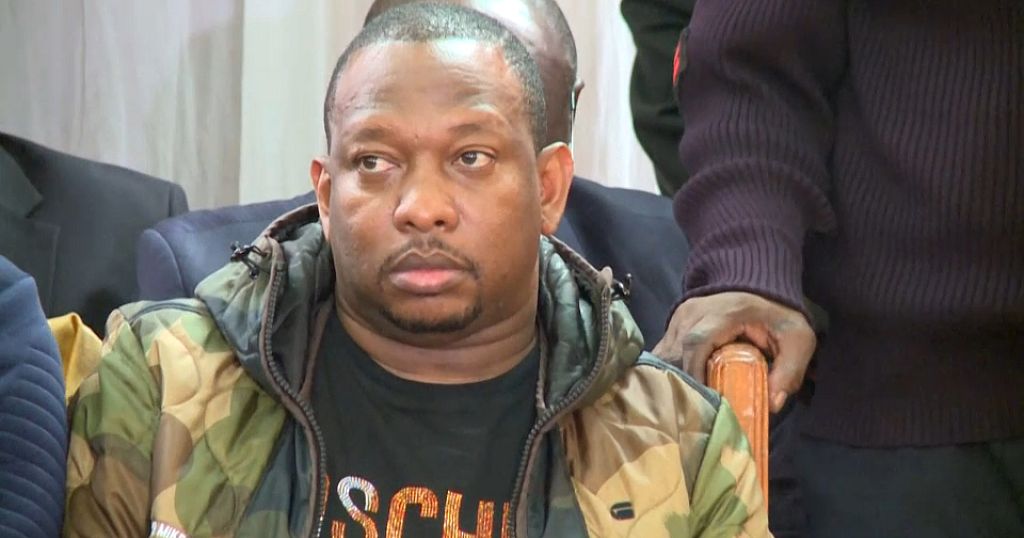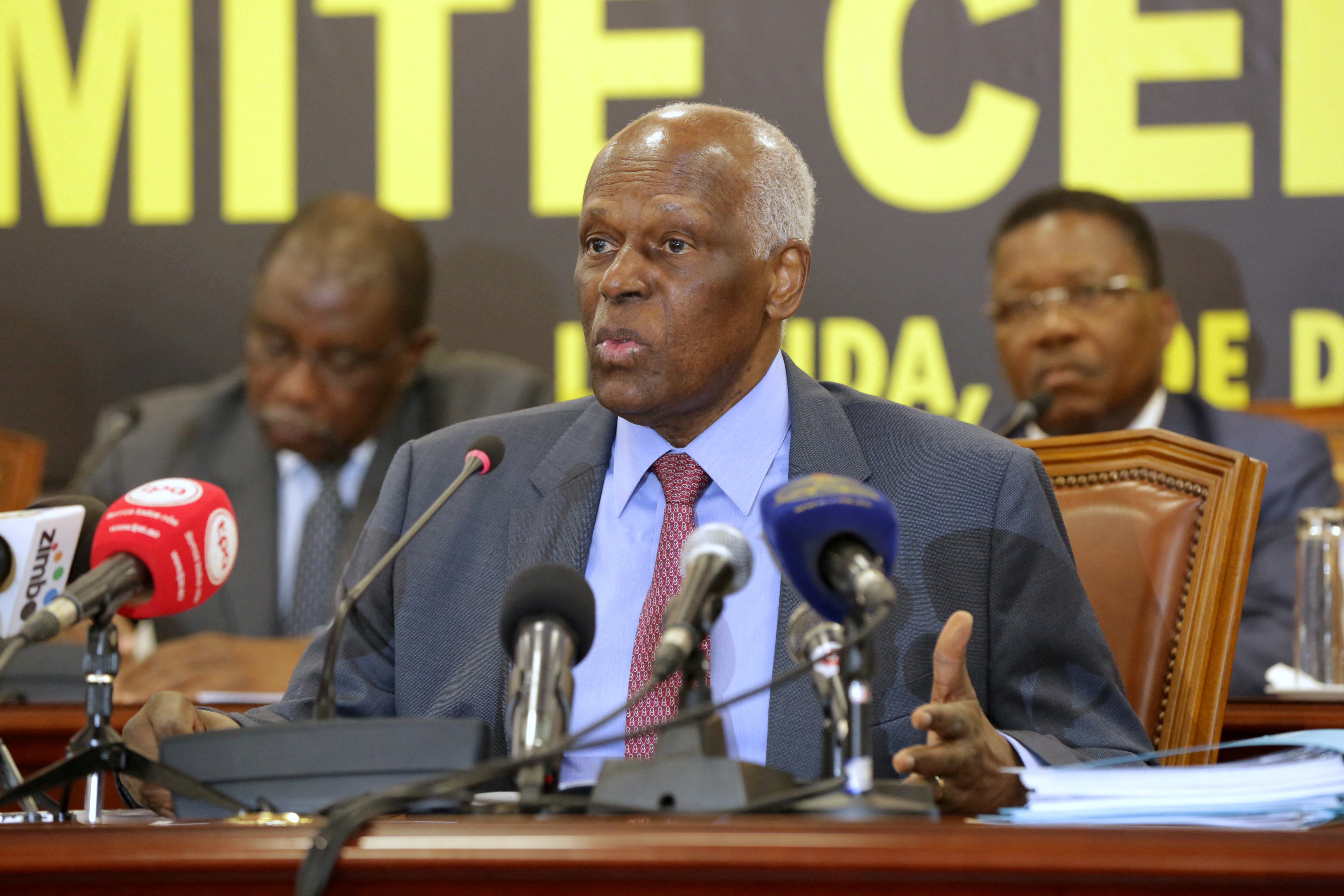Politics
BBI agrees on referendum to change constitution – Weekly Citizen
Published
6 years agoon
[ad_1]
Details of the Building Bridges Initiative task-force final report can now be revealed.
According to the report leaked to us, the BBI has settled on the referendum as the best remedy ostensibly for the nation’s political troubles, proposing the expansion of the executive and a raft of other measures to ensure inclusivity in government.
In its report, the team proposes the retention of the clause that stipulates that the president shall be elected by registered voters in a national election conducted in accordance with the constitution and any Act of parliament regulating presidential elections.
Also to be retained is the clause that stated that the president shall hold office for a term beginning on the date on which the president was sworn in, and ending when the person next elected president and shall not hold office as president for more than two terms.
This is a departure from an earlier proposal by ODM and other groups for the president to hold office for a term not exceeding seven years beginning with the date of assumption of office.
That proposal has now been discarded after the team realised that it would have been difficult to sell it to the electorate.
The report further proposes that the president shall have executive powers enabling him to sack his cabinet secretaries or ministers, in a three tier government.
Also in the proposal is the formation of a strong prime ministerial position where the president will be the head of state and commander in chief and the premier the head of government.
A powerful office of the official opposition leader is also among the proposals.
The report, which members have agreed on, proposes the creation of the office of prime minister who would be endorsed by the president after being elected by MPs.
The prime minister, who will come from the largest political party in parliament, will have to deputies who he or she will pick.
“The prime minister will be elected by the national assembly and would have two deputies to assist him/her in running the government,” says the report.
Last week, the BBI committee’s vice-chairman Adams Oloo disclosed that they were conducting a “data cleaning process” on the report that will be handed over to the two leaders.
He said they were still within their time frame, which he said the gazette notice pegged for October 24.
The final report, he added, will capture and address the nine-point agenda agreed upon by the two leaders.
The nine points contained in a joint communique issued by the president and Raila after their March 9 2018 pact include ethnic antagonism, lack of a national ethos, inclusivity, devolution and divisive elections.
Others are security, corruption, shared prosperity and responsibility.
It is expected that William Ruto will lead politicians critical of the BBI to discard the report.
Ruto maintains that the BBI is Raila’s initiative to propel him to power in 2022.
Already, a team of lawmakers and governors in Nyanza, Western, Mount Kenya and Coast as well as the Jubilee-allied Kieleweke and ODM parties are brainstorming on the best approach to popularise the initiative once the report is officially out.
Various groups including Embrace Kenya, a group of women and Kenya National Union of Teachers suggested to the BBI the creation of the premier position to end vicious circle of electoral violence.
Majority of Kenyans who made presentations to the BBI allegedly argued that an expanded executive would go a long way in stemming electoral violence.
During the presentations to the 14-member BBI taskforce at public forums, citizens suggested ways to enhance devolution including the creation of another tier.
The task force held public hearings across the country, to collect citizens’ views on the nine-point communique unveiled by the president and the opposition leader during the March 9 2018 handshake.
The team was tasked with coming up with practical recommendations and reform proposals that would build lasting unity.
Some of the proposals that the team has discarded include rotational presidency, reducing the number of counties and the abolition of provincial administration.
In the last four years, there have been 13 attempts to change the 2010 constitution, ranging from consultative forums to parliamentary amendments and popular initiatives.
Tiaty MP William Kamket was the first to propose the scrapping of the deputy president position while West Mugirango MP Vincent Mogaka and his Ndia counterpart George Kariuki wanted the number of cabinet secretaries reduced from 22 to 12, and counties from 47 to 12. The motions were, however, unsuffessful.
The BBI report will compete for public attention with the Punguza Mizigo (Constitution of Kenya Amendment) Bill which proposes introduction of a single seven-year term presidency.
The Ekuru Aukot Bill has been presented in various county assemblies.
Some politicians have been claiming that Ruto is behind the Punguza Mizigo Bill so as to neuter the BBI.
Ruto is on record saying he would oppose any move to change the constitution to expand the executive. In February, during an address at Chatham House, London, Ruto dismissed calls for a referendum aimed at creating positions for “selfish leaders”.
The DP warned politicians against using the clamour for constitutional changes for personal interest.
He said the renewed push for a referendum should be people-centered and not aimed at satisfying personal agenda.
Also while addressing two separate church gatherings in Narok county, Ruto made an aboutturn and welcomed Punguza Mizigo and BBI calls to change the constitution, but cautioned the proponents of both initiatives to be objective and truthful.
But there are claims that powerful forces are swaying voting on the Punguza Mizigo referendum initiative following its rejection in four county assemblies perceived to be strongholds of Uhuru and Raila.
The Punguza Mizigo Bill has only received a nod from Uasin Gishu county assembly, the home turf of Ruto, raising eyebrows whether its fate is tied to political affiliations.
Siaya, Homa Bay, Murang’a and Kirinyaga MCAs have shot down the Bill sponsored by Thirdway Alliance in what observers see as an approval of Uhuru and Raila’s handshake deal of BBI.
Although Raila has openly dismissed the Punguza Mzigo, Uhuru is yet to make a public declaration on it, but has affirmed his commitment to BBI.
Ruto has been dismissing the referendum push while his allies, led by Kapseret MP Oscar Sudi, have openly urged MCAs to endorse the Punguza Mizigo Bill, which requires the support of 24 counties.
The assemblies have slightly more than a month to decide the Bill’s fate.
Uasin Gishu was the first and the only one, so far, to have approved the Punguza Mizigo Bill.
In Murang’a, the sitting to debate the Bill started two hours late because MCAs were holed up in a hotel for an informal session, raising speculation that the legislators were bribed to trash it.
The claims of powerful forces scuttling the Punguza Mizigo Bill resurfaced in Kirinyaga after the county assembly speaker withdrew it in the last minute.
The move forced Third Way Alliance and an independent petitioner to move to court seeking to reinstate the Punguza Mizigo Bill 2019 before the county assembly.
Kenda Muriku and the Third Way Alliance Party filed a petition before the High Court in Nairobi, challenging a decision by the speaker and the county assembly of Kirinyaga to withdraw the Bill.
Muriku is also seeking to have county assembly and its speaker compelled to reintroduce the Bill for debate and voting within five days of the court’s judgment.
The petitioners want to have the county assembly and the speaker compelled to conduct public participation on the Bill as per the Constitution and other enabling laws.
[ad_2]
Source link
Comments
The Kenyan Digest Team

You may like
Rayvanny officially leaves Diamond’s WCB Wasafi after 6 years
Raila Odinga is the most popular presidential candidate, a survey released by Infotrak
Newly-crowned Kenyan Wimbledon champion Angella Okutoyi would like to play against American star Serena Williams

The Mombasa High Court has ordered IEBC to clear Sonko to run for the Mombasa governorship.

A new born baby was pulled out of latrine in Mururi.

Kenyan Rapper Colonel Mustafa has leveled fresh accusations against his ex-girlfriend Katoto.

Okutoyi and Nijkamp qualify for Wimbledon Open final
Fans will have to brace themselves for a sober 90 minutes, the Gulf Arab state announces.





